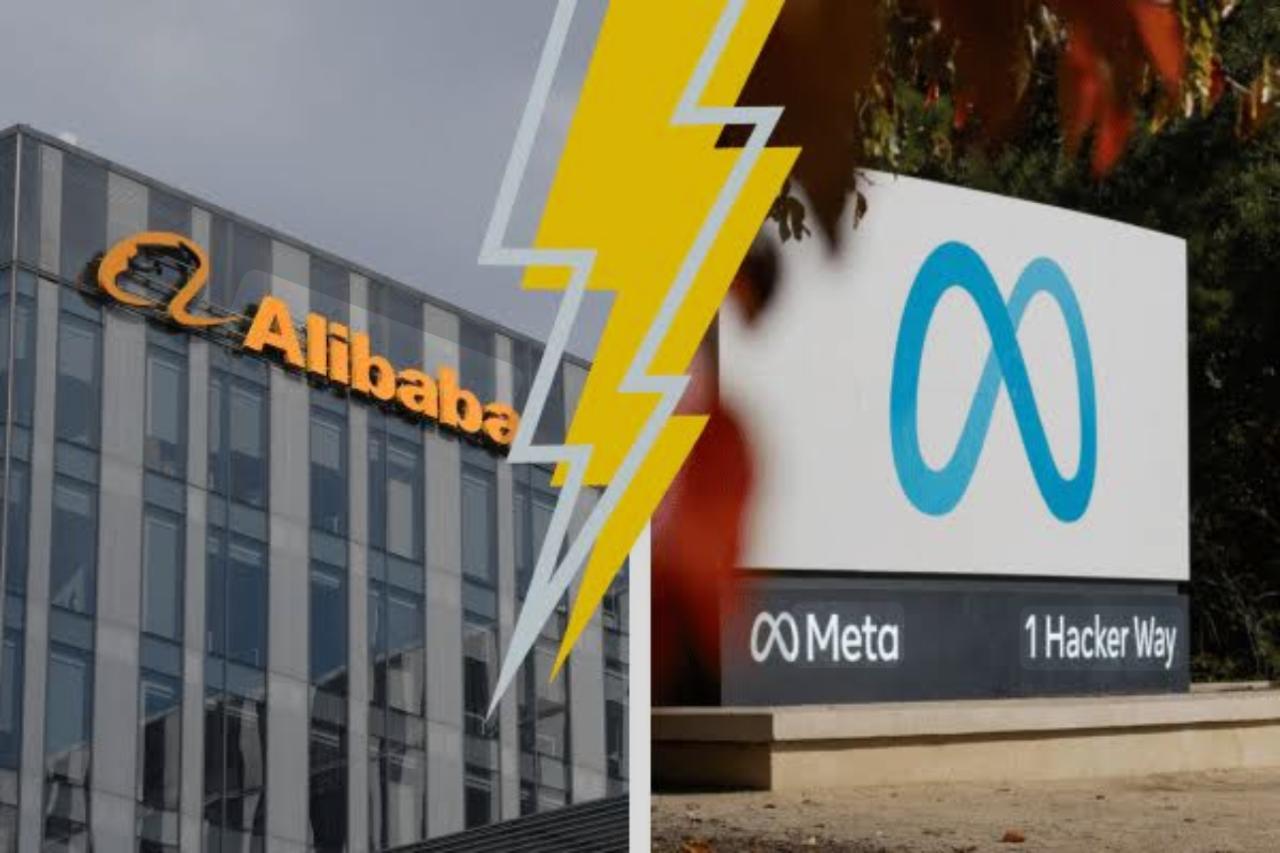Pakistan is quickly becoming a rising force in digital innovation. Global tech giants Alibaba Group and Meta are now exploring major expansions into the country’s e-commerce and artificial intelligence (AI) sectors. Their renewed interest signals Pakistan’s growing influence in the global tech arena.
Alibaba Aims to Boost Pakistan’s Online Trade
On Thursday, Prime Minister Shehbaz Sharif met with a senior Alibaba Group delegation led by James Dong, President of International Markets. The discussion centered on unlocking Pakistan’s potential in the global e-commerce space.
The Prime Minister stressed that e-commerce plays a critical role in driving exports and economic growth. To fast-track progress, he ordered the creation of a dedicated committee to support online trade.
“E-commerce holds tremendous potential to boost Pakistan’s exports,” he said. “We must help more local businesses reach global markets through platforms like Alibaba.”
At present, over 300,000 Pakistani products are listed on Alibaba. Textiles remain the most sought-after category among international buyers.
In response, James Dong praised Pakistan’s entrepreneurial spirit. He also confirmed Alibaba’s interest in offering training and resources to local sellers.
“Pakistan has vast potential to grow its e-commerce sector,” Dong stated. “We’re eager to help businesses build capacity and succeed globally.”
The meeting also included Minister Shaza Fatima Khawaja, FBR Chairman, and other top officials, underlining the government’s strong commitment to the digital economy.
Meta Focuses on AI and Urdu Language Models
In a parallel meeting, Minister Shaza Fatima Khawaja met with Meta’s South and Central Asia Public Policy Director, Sarim Uzair. Their talks focused on accelerating Pakistan’s digital transformation using artificial intelligence.
Minister Shaza emphasized the government’s vision for a “Digital Pakistan.” She noted that Prime Minister Shehbaz Sharif leads weekly reviews on digital progress, with a focus on expanding digital payments and building a cashless economy.
“Equipping our youth with digital skills is a top priority,” she said. “AI will be crucial to shaping Pakistan’s future.”
Meta shared updates on its AI initiatives, including the development of large language models (LLMs) in Urdu. These models aim to make technology more accessible to local users.
The company also expressed strong interest in launching training programs for Pakistani developers. Their goal is to empower entrepreneurs and boost innovation through AI.
A Promising Future for Digital Pakistan
These high-level engagements with Meta and Alibaba highlight Pakistan’s shift toward becoming a digital-first economy. By deepening global partnerships, the government aims to:
- Increase exports through online platforms
- Create jobs in the digital economy
- Develop expertise in AI and machine learning
- Empower small businesses to compete globally
- Equip the youth with advanced digital skills
With ongoing investment in talent and infrastructure, Pakistan is well-positioned to become a global player in e-commerce and AI






